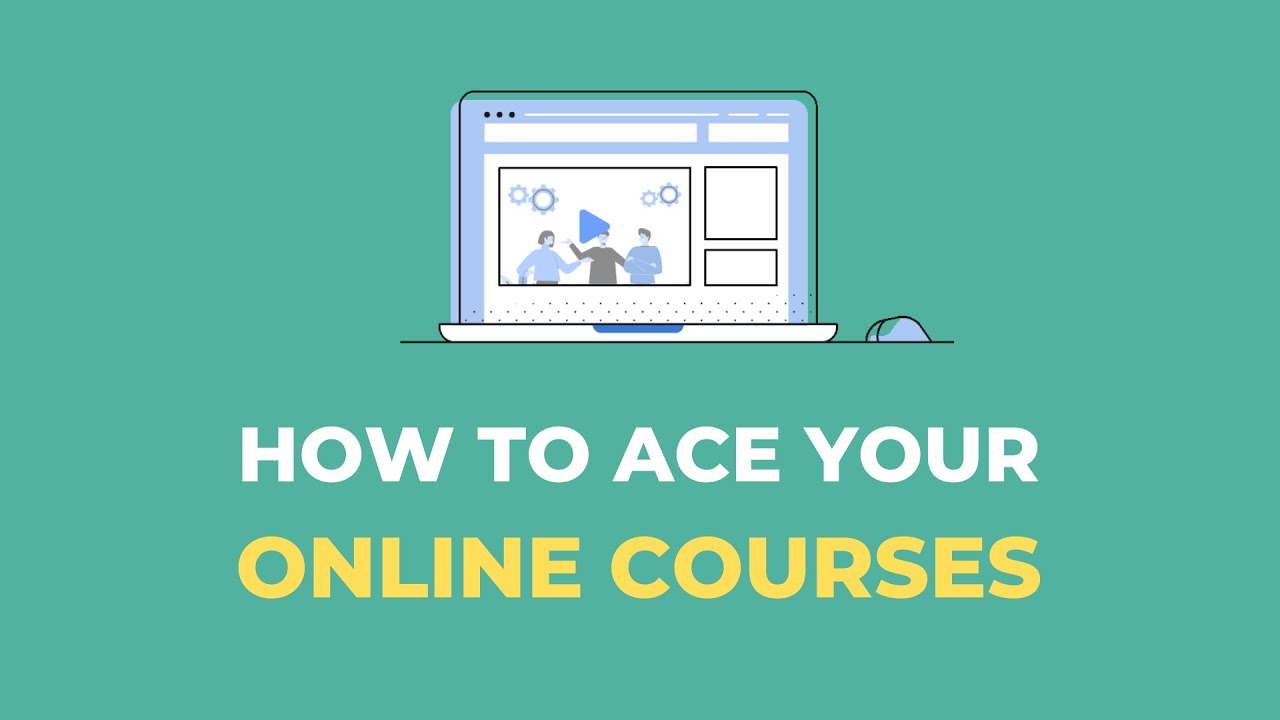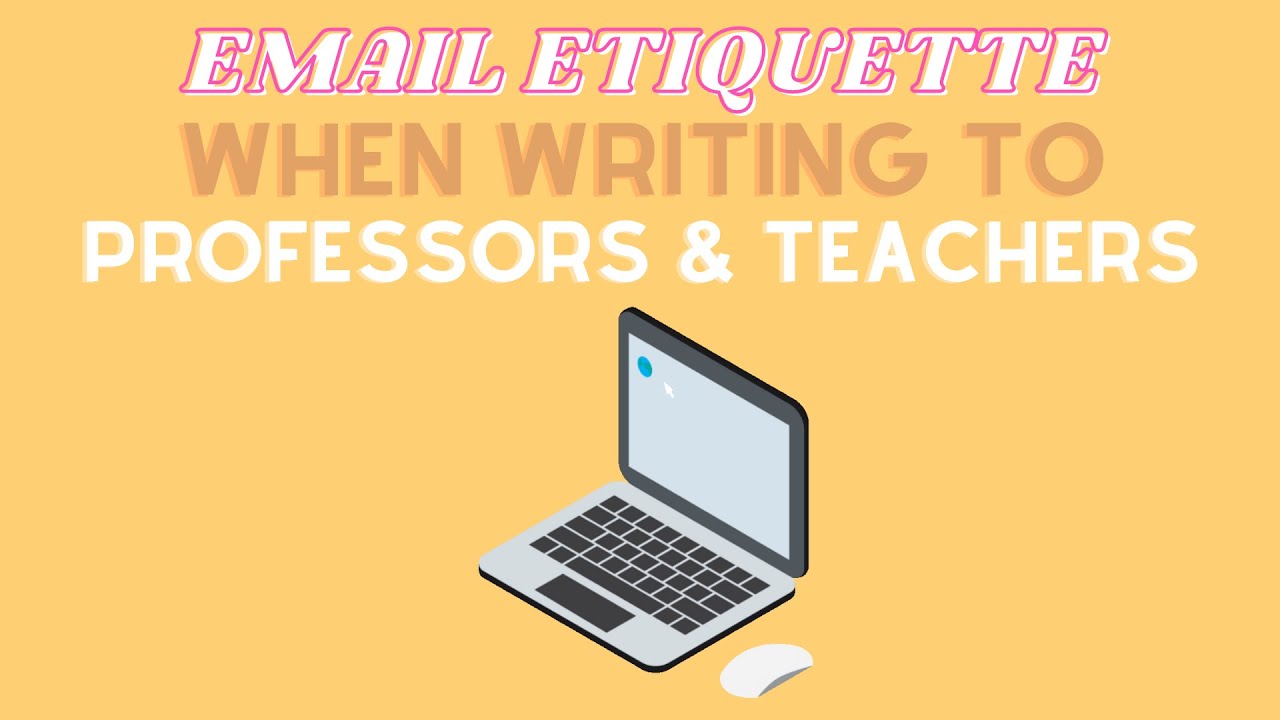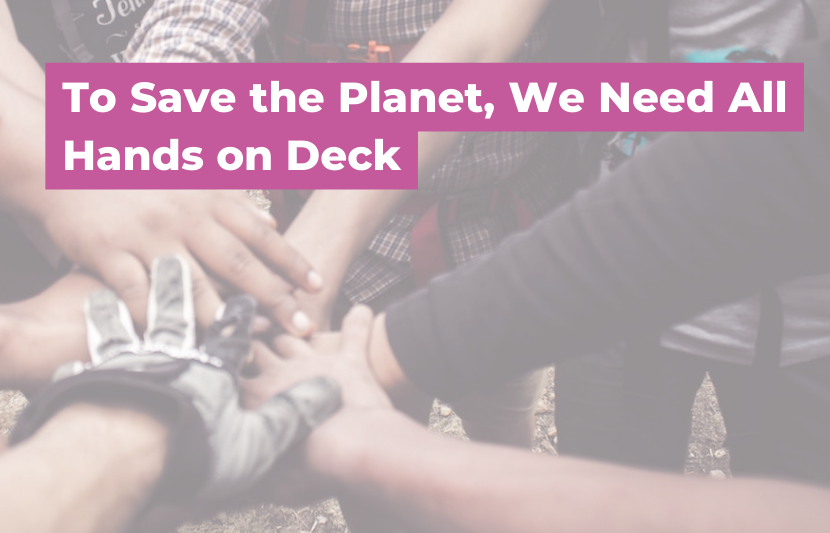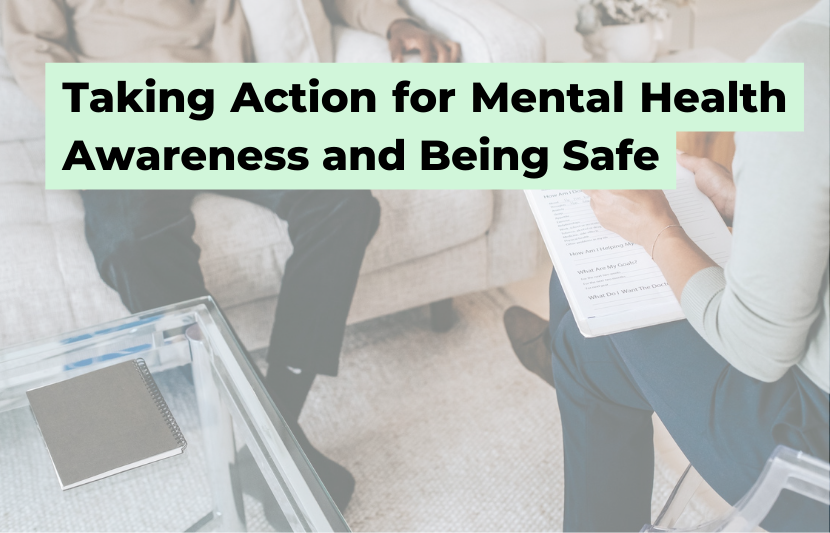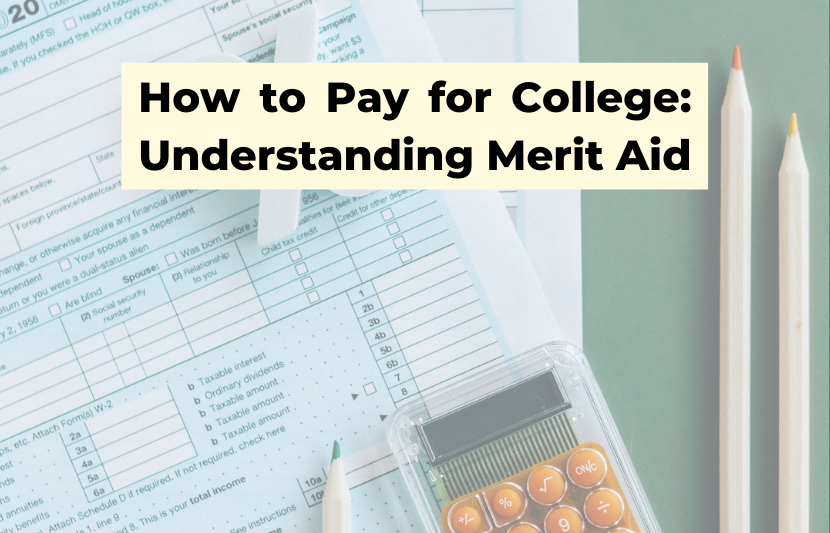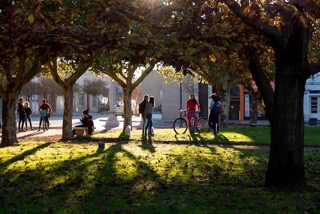In this episode of TUN TV, Dr. Crystal Rose interviews Gilbert Mendivil, president of Connect-In-Place, about how CIP first started and how you can get involved with the many opportunities that they have.
Dr. Rose: Welcome to The University Network TV, where we scan the globe to give students, their families, educators and employers, the very best tips for student success. I’m your host today, Dr. Crystal Rose. And on today’s show, we’re featuring our series “Sharing With You The University Network’s Community Members.”
Today, I invited the president of Connect-In-Place to tell us more about their organization and how you may be involved.
Welcome, Gilbert Mendivil.
Mendivil: Hi, Crystal. Hopefully, things are well. I’m excited to talk about CIP and a lot of the great opportunities that we offer for students.
Dr. Rose: I noticed you said CIP off the bat.
Mendivil: Not that it’s a super-long title but, as we know, as times are changing, sometimes it’s like, “Oh do we have to say the whole thing?” CIP are acronyms. So if you hear me use Connect-In-Place and CIP interchangeably, they are the same thing. It sounds cool, as the kids say.
Dr. Rose: Yes, it does. Now tell us, how did CIP start?
Mendivil: Just to clarify – and I know everyone’s like, “Are you sure they’re not the same thing?” – I guarantee you, they’re not. There is a huge difference between the founders of the program and who actually leads it. The program Connect-In-Place started back in the summer of 2020, and this was at the height of the COVID pandemic. You had schools that went into lockdown and everyone, mostly everyone, shifted to an online learning module. With that, came our program.
There were a lot of students, a lot of college students as well, that needed some extra resources. During the summer, we offered internships at the time and what started out as a Virtual Summer Camp is now turned into a virtual learning program. So, it’s 100 percent virtual. Everything that we do is virtual. Students, instructors and people who lead our operations team – all of it is done 100 percent virtually.
It started off as a really small program, and it’s grown since then. Actually, there’s a very high demand for this type of program. COVID really made that known that there was that resource that students needed. It started as a very small summer virtual program, and now we have virtual offerings year-round and we’re really proud of those.
But the project was initiated by two business administration students at UC Berkeley – Danielle Egan and Saumya Goyal. They started the organization as a little social enterprise. They both loved education. They wanted to address the social isolation that students were feeling at that time. They were away from their friends. They didn’t have those in-person opportunities so they really wanted to start this with the student-first mentality.
Dr. Rose: When I’m hearing about this, it really strikes me that in the type of programs that you have, students can perhaps even learn things there that they don’t even have access to in their school’s curriculum. Is that right?
Mendivil: Right. So, Connect-In-Place. As we are kind of rebranding the program, we are finding out that a lot of our classes are a great starting point for students to find out what they’re passionate about. I believe our co-founders went on a news program earlier this year and they talked about CIP just kind of being this place to find where students are passionate about, that means internships, as well.
In addition to some of the classes that we offer, we have internship opportunities during the spring, the summer, and I believe we have really small-term positions in the fall. But regardless, it’s to give students those skills that they need for the future but to also find out what they’re interested in doing in the future. Whether that’s deciding their college major, deciding what career interests them and finding more about it, we try to help students. We start out as a starting point for them to find what they’re passionate about, and we’re really excited about continuing that mission as we go forward.
Dr. Rose: That is a mission of great valor, particularly in this post-COVID time where students’ passion is really so much a part of their college admissions process, to hear that students can take classes for free. Correct?
Mendivil: Correct. Our program – at least right now and probably will be – every class that we do offer and even internships to apply, all of it is completely free of charge to students and their families. The whole goal of doing that is to make sure that the program is accessible to everybody – for those who may be looking for alternatives to pricey summer programs, for those who may not be able to afford it.
We are a good alternative for students who need something to do during the summer or who just want to explore a little bit more about their interests. Everything that we do offer is free of charge, and it’s a great resource for students.
Dr. Rose: Now, can you tell us how long your classes are, particularly the ones in the summer, and what students need to do to sign up?
Mendivil: So, our classes — we divide them into four categories. We have college and career exploration courses and we’re looking to still grow that section. It was big at one point, but we’re trying to really expand on those because those tend to be the most impacted classes that we offer. Those fill up really quickly.
We also have our version of STEM but it’s more focused on science, tech, medicine and, I believe, the medical field. So medicine, all the applied sciences, are in that category.
We also do humanities and the arts, which is our largest category of classes. We do offer electives – the best way to sign up for classes – and we do promote them pretty healthily. I would say, we promote them pretty well. We have it on Instagram. We have it on TikTok.
Everything is linked to our website. There is a page tab called “Sign Up.” We do have a course catalog, which lists every class that we do have. We also do our applications through Google forms, and our training and development team processes those and places students into classes.
But starting, I believe, next summer, we’re actually using a new course registration program, which is actually automated. It does help us out with a lot of those manual processes that are very time-consuming. That allows us to actually spend a little bit more time working with our instructors and making sure that they’re prepared to teach the classes that they’re signed up for.
Dr. Rose: That’s fantastic. Now can you tell us about volunteers? I understand that besides internships, you also have an opportunity for perhaps college students to volunteer. What’s that?
Mendivil: Okay. Yeah, correct. We have plenty of opportunities for college students for one, our operations team. So we have a pretty expanding operations team. We have a little bit more demand for it. The classes that we offer, the virtual events that we host – there’s a whole team of people behind the scenes that make these things possible.
The biggest thing is if you want to become involved in it, you want to make a difference, and you want to see your actual work just turn into something in front of your very eyes, our operations team is a great starting point.
We have different positions of varying availability. We have positions that are offered seasonally. We have a fall mentorship program. There’s a directorship for that, and we have year-round positions, too, that work a little bit throughout the year, helping us out. That’s one opportunity for college students.
Our most well-known element for college students is actually being a session leader, which is basically a virtual instructor for the classes that we offer. You basically sign up for these through, again, we link these pretty well on social media.
But on our “Sign Up” page on our website, there’s an application for instructors to sign up. First, you provide information about yourself, the year you graduate, and what university you are coming from. You also provide the information of the class that you want to teach.
The unique thing about it is, we have a pretty open curriculum. So, we just look at the proposals that we get for the classes that people want to teach and we approve them. We always train instructors every session.
If this is your first time teaching – there isn’t a need to be an expert at teaching – you do get some pretty good resources to start out with. And you do have a team, our training and development team, to work with throughout the session, if you ever need help. So, it’s a really great experience for college students.
This session, especially, we actually started. We have one high school student actually teaching a middle school course. We’re trying to see how that works — this session. If it is successful in the future, we might have a little bit more of those high school instructors helping out with middle school. So, opportunities for all grade levels. It’s not just lemons to college students, but it’s pretty healthy for all grade levels.
Dr. Rose: That is wonderful. You are really growing and progressing. You’re getting a new registration link, and then you are also expanding your volunteer opportunities. We’re so glad to have you as a part of The University Network community members.
Mendivil: It’s always a pleasure, and if you ever want to know more about Connect-In-Place, just email our general email. We answer questions pretty quickly. Thanks for having me.
Dr. Rose: Thank you to our audience for joining us on this episode of The University Network TV. I’m your host, Dr. Crystal Rose. Until next time.
This interview has been edited for clarity.
For more exclusive interviews with experts who share their insight to help students succeed, check TUN TV!
Related:

